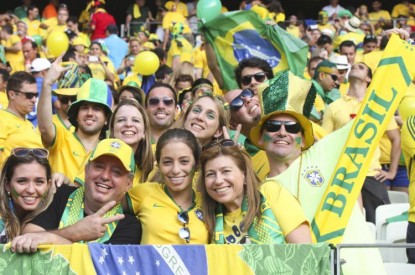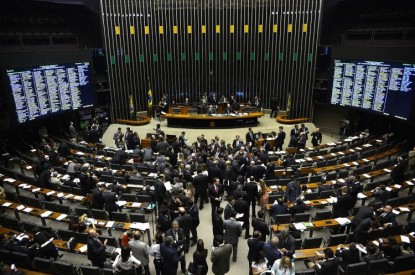Legislation
Brazil – Brazilian Institute of Responsible Gambling outlines concerns over image rights
By James - 6 November 2023
The Brazilian Institute of Responsible Gambling (IBJR) has expressed its opposition to the possible removal of an article in the revised version of the sports betting bill in the senate.
The IBJR said that it had became aware of a movement that would revoke the provisions of an article in the bill so that the negotiation of images, brands and symbols of clubs are no longer subject to the management of the Federal Government and would become the subject of negotiation on a case-by-case basis, between individuals, more specifically between betting houses and sports clubs.
According to the original wording of the bill 1.63% of the proceeds must be allocated to entities within the National Sports System and to Brazilian athletes or those affiliated with sports organizations based in the country. This allocation is in return for the use by betting houses of their names, sports nicknames, images, trademarks, emblems, anthems, symbols, and similar elements. According to the IBJR the proposed change “is worrying and could be highly damaging to consumers, national sport and the government itself.” The IBJR also argued that the new rules were unworkable.
“The centralized collection and allocation proposed in the legislation aim to ensure that all clubs interested in authorizing the use of their image, name, and brand can do so and receive a fair compensation. The proposal to remove this rule, as outlined in Law 13,756/2018, practically makes it unworkable to negotiate these rights. To illustrate this point, it’s important to note that in Brazilian football, across Serie A, B, C, and D, there are 840 clubs. That’s right, 840 football clubs. The Federal Government, as previously stated, expects to have between 70 and 100 licensed operators with the regulation of the betting market.
“So, conservatively considering the existence of 80 operators in Brazil after regulation and the existence of 840 football clubs, for the exploitation of image, symbols, trademarks, and similar rights, there could be no fewer than 67,200 contracts just in football. It’s worth noting that fixed-odds betting extends to various other sports, such as basketball, volleyball, futsal, combat sports, tennis, and more. This means that hundreds of thousands of contracts would frequently need to be negotiated. The numbers are staggering and, by themselves, demonstrate the impracticality of the proposal for decentralized negotiations.”
The IBJR argued that this would lead to a restriction of offers to consumers “who will see their right to free choice restricted. When establishing individual negotiations, there will be the possibility of a club passing on its image and similar rights to an operator and not passing them on to others. In practical terms, this could create a monopoly. Only a certain house will be able to offer bets on a club and the others will be prevented from doing so, even if authorized by the Government to operate in the regulated market.”
This in turn would drive consumers to the parallel market “which without supervision by the Brazilian Government, will ignore the desire of national clubs to limit the use of their rights and will offer unrestricted gaming options.”
It could also lead to a reduction in sponsorships for clubs the IBJR said. The IBJR concluded by saying that:
“Every action generates a reaction. Removing the centralized collection and transfer mechanism for sports betting resources from the text of Law 13,756/2018 will harm consumers, regulation, the market and the clubs themselves. We need to be clear about each movement so that we do not later regret creating an unviable market.”



